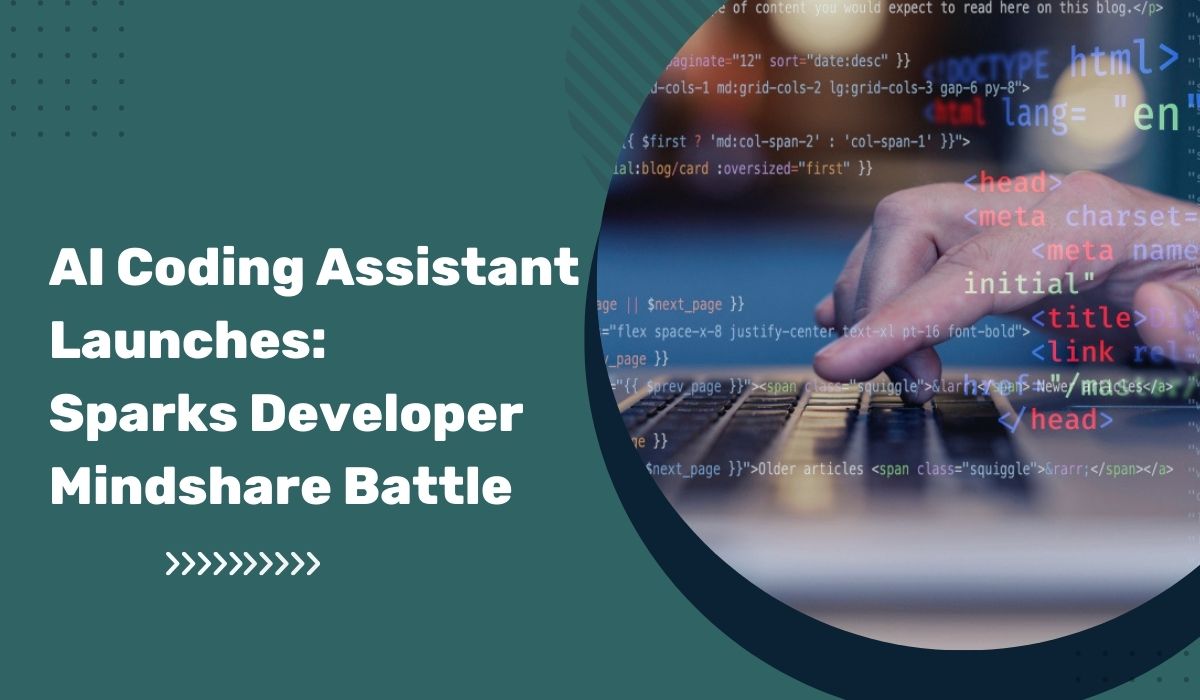
In a significant move marking the latest chapter in the ongoing battle for supremacy in the field of artificial intelligence (AI), Microsoft's Copilot is set to leverage OpenAI's latest models and a new code interpreter. This strategic development underscores the industry's shift towards vying for AI dominance at the developer and engineering level. The rationale is clear - capturing the allegiance of developers to AI tools can lead to enhanced market penetration and customer retention.
Microsoft's Yusuf Mehdi, Executive Vice President and Chief Marketing Officer, emphasized that Copilot's recent enhancements will result in a more profound understanding of queries and improved response capabilities. As a collaborative effort between GitHub and OpenAI, Copilot relies on OpenAI's powerful language models, positioning it as a formidable player in the AI world.
Prague-based JetBrains, renowned for developing the Kotlin programming language endorsed by Google for Android development, has also entered the fray with its alternative to Microsoft Copilot - the JetBrains AI Assistant. Integrated into JetBrains' development environments, code editors, and other products, this Assistant is powered by Language Models (LLMs) from OpenAI, Google, and JetBrains itself. Striving to be a "neutral" provider of AI assistant LLMs, JetBrains is gearing up to compete with Microsoft Copilot and Google in the global market.
The landscape is complex, with Microsoft holding a tight grip on OpenAI's development, and hence, the destiny of Copilot. While JetBrains, valued at approximately $7 billion according to the Bloomberg Billionaires Index, operates independently on revenues without external funding, Microsoft's formidable presence raises the stakes in the battle for AI-mindshare among developers. As these AI-driven coding assistants evolve, the competition intensifies, leaving developers and engineers at the forefront of shaping the future of AI.